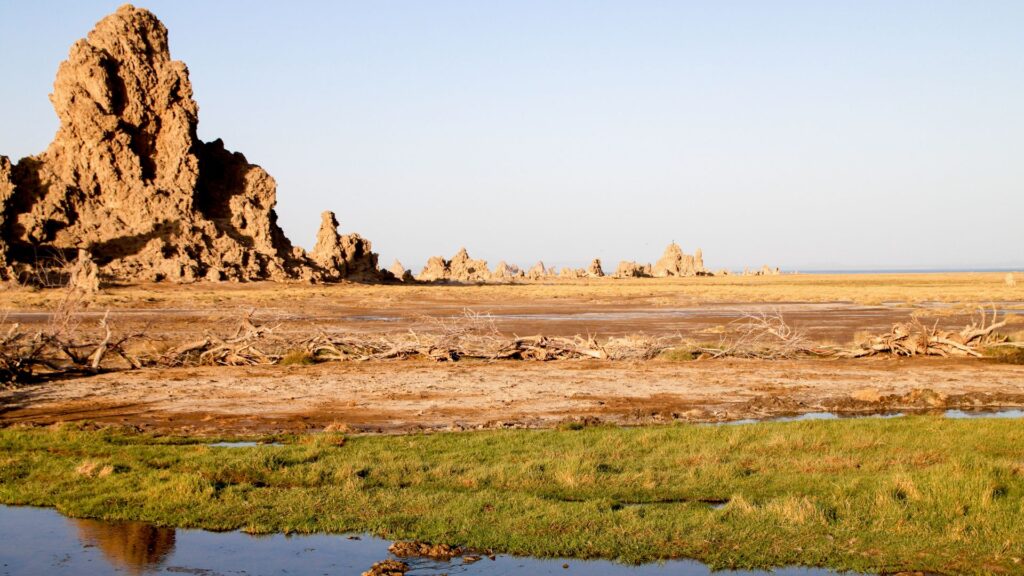Djibouti, officially known as the Republic of Djibouti, is a small country located in the Horn of Africa. It is bordered by Eritrea to the north, Ethiopia to the west and south, and Somalia to the southeast. Djibouti is also situated on the Red Sea and the Gulf of Aden, making it an important strategic location for international trade and shipping.
The capital city of Djibouti is also called Djibouti, and it serves as the country's political, economic, and cultural hub. The population of Djibouti is diverse, with a mix of ethnic groups including Afar, Somali, and Arab descendants. The official languages spoken in Djibouti are French and Arabic, although Somali and Afar are also widely spoken.
Djibouti has a semi-arid climate with hot temperatures and minimal rainfall. Despite its harsh environment, Djibouti is known for its stunning natural landscapes, including volcanic formations, salt pans, and beautiful beaches along the coastline. The country is also home to a diverse range of wildlife, such as antelopes, hyenas, and ostriches.
Economically, Djibouti relies heavily on its strategic location for trade and commerce. The country is home to one of the busiest ports in East Africa, which serves as a key gateway for goods entering and exiting the region. Djibouti also benefits from its close ties with international organizations and military bases, providing a significant source of revenue for the country.
In recent years, Djibouti has seen a growth in infrastructure development, with new roads, ports, and airports being built to support the country's growing economy. The government is also focused on improving access to education and healthcare for its citizens, as well as promoting tourism to showcase Djibouti's unique culture and natural beauty.
Overall, Djibouti is a country with a rich history, diverse culture, and promising future. Its strategic location, combined with its stunning landscapes and growing economy, make Djibouti an interesting and dynamic destination in the Horn of Africa.
What to explore:
1. Lake Assal: This is an incredible salt lake that is the lowest point in Africa and the third-lowest point on Earth. It is known for its stunning scenery and surreal landscape.
2. Day Forest National Park: This national park is a great place to explore Djibouti's natural beauty. It is home to a variety of animals, including monkeys, antelopes, and more.
3. Ghoubbet Bay: This bay is a popular spot for snorkeling and diving. It is known for its crystal-clear waters and abundant marine life.
4. Moucha Island: This small island is a great place to relax and unwind. It is known for its beautiful beaches and clear waters, making it an ideal spot for swimming and snorkeling.
5. Arta Plage: This beach is a great place to relax and enjoy the sun. It is known for its soft white sand and calm waters, making it a popular spot for swimming and sunbathing.
6. The Central Market: This bustling market is a great place to experience Djibouti's culture and buy local goods. You can find everything from spices and textiles to handmade crafts and souvenirs.
7. Djibouti Palace Kempinski: This luxury hotel is a great place to stay while visiting Djibouti. It offers stunning views of the Gulf of Tadjoura and top-notch amenities for guests.
8. Debbah Hot Springs: These natural hot springs are a great place to relax and unwind. The water is believed to have healing properties and is a popular spot for locals and tourists alike.
